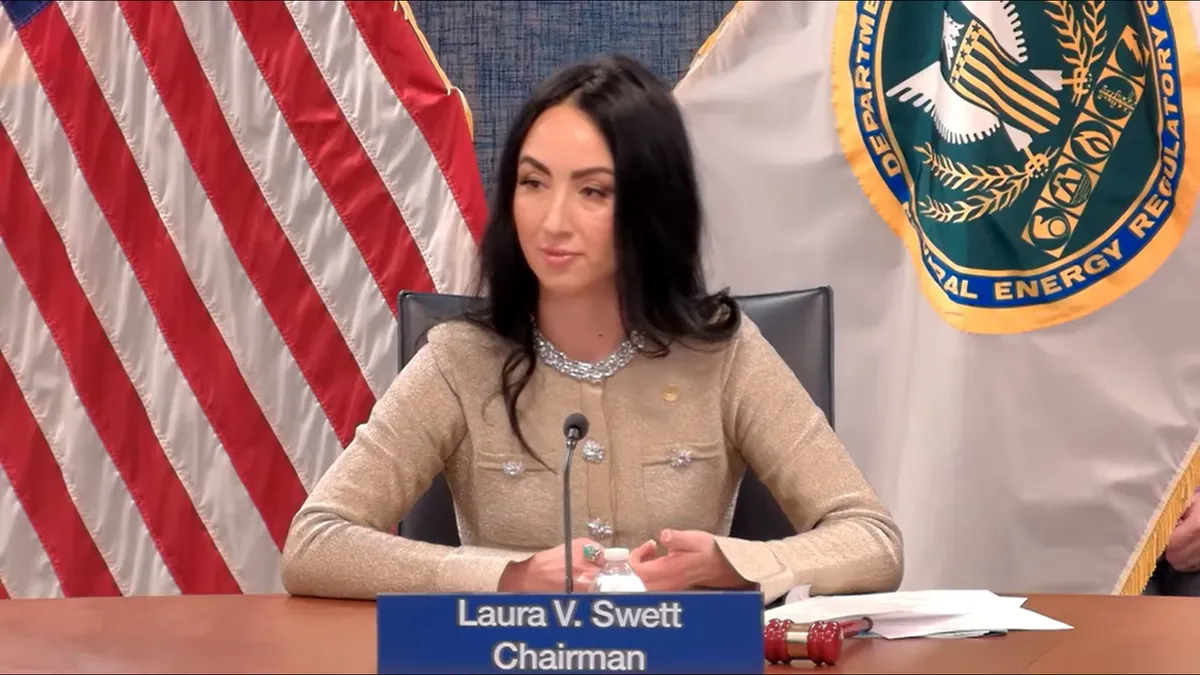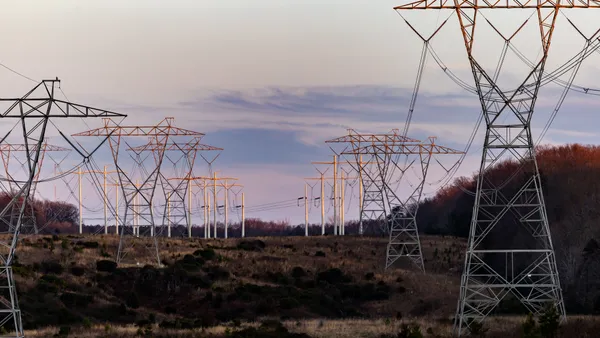Dive Brief:
- Proponents of a referendum to undo Ohio's new law subsidizing nuclear power plants continue their efforts to legally extend the period to garner signatures to get the measure on the state's November 2020 ballot, after the state Supreme Court on Wednesday rejected a lawsuit brought by FirstEnergy Solutions (FES) opposing the referendum effort.
- Four of seven justices dismissed the FES complaint against the referendum effort by Ohioans Against Corporate Bailouts "for lack of a justiciable controversy." The energy generator had asked the court in September to rule that the law passed in July, HB 6, could not be subject to a referendum because it was a tax measure.
- The dismissal is a win, FES said in a statement, because the Supreme Court "recognizes the attempted referendum on HB 6 is over" by calling its complaint "moot." However, the Court said the pending challenge for the referendum petition is not impacted by the dismissal.
Dive Insight:
Ohioans Against Corporate Bailouts had to get at least 265,774 valid signatures (6% of the number of votes cast in the last gubernatorial election) within 90 days of the law's passage, to get the measure on the November 2020 ballot. The group claimed only 52 days were available for voters to sign because the Attorney General and the Secretary of State took 38 days from the passage of HB 6 to certify the petition.
"Those opposed to the bill were unable to gather the requisite number of signatures to initiate a referendum, therefore there is no longer a need for the court to rule on the case," FES said.
Ohioans Against Corporate Bailouts sued the Ohio Secretary of State in October, alleging a full 90 days is needed for petition signatures to be collected for a referendum. The group asked the federal court to order the state to give them an additional 38 days to gather the necessary signatures.
FES declined to comment beyond its initial reaction to the Wednesday ruling.
Other groups supporting the nuclear subsidies, such as Ohioans for Energy Security, filed a brief in the ongoing proceeding to say that the 90-day rule is a deadline that does not guarantee 90 days would be available for signatures. The group asked a federal court to dismiss the referendum effort based on lack of sufficient signatures, which posed the question to the Ohio Supreme Court.
Groups opposing HB 6 have also tried to ask state regulators to ensure consumer-funded subsidies don't reward coal-based generation owned by the Ohio Valley Electric Corporation in addition to FES nuclear plants. The Public Utilities Commission of Ohio rejected this assertion in a Nov. 21 ruling.
Ohioans Against Corporate Bailouts did not comment on the pending lawsuit by press time.
FES looks to end of restructuring
The legislation, HB 6, signed into law by Gov. Mike DeWine in July, will provide an annual subsidy of $150 million from 2021 through 2026 for FES' two nuclear power plants in the state. The financial support for the Davis-Besse and Perry nuclear power plants is central to the company's restructuring efforts.
FES boasts the production of 90% of the state’s carbon-free generation, and has argued the subsidies are necessary to maintain grid reliability, but had prepared for post-shutdown operations as required by the Nuclear Regulatory Commission when the bill passed.
FES will change its name to Energy Harbor once it emerges from restructuring, the company announced Nov. 25.
Energy Harbor seeks to offer 100% carbon-free energy products, using its nuclear fleet.
"We will grow our retail supply business by leveraging our generating fleet capable of producing [50 million MWh] of electricity annually, including substantial carbon-free power critical for the future," John Kiani, chairman of FES’ board of directors, said in a statement.













